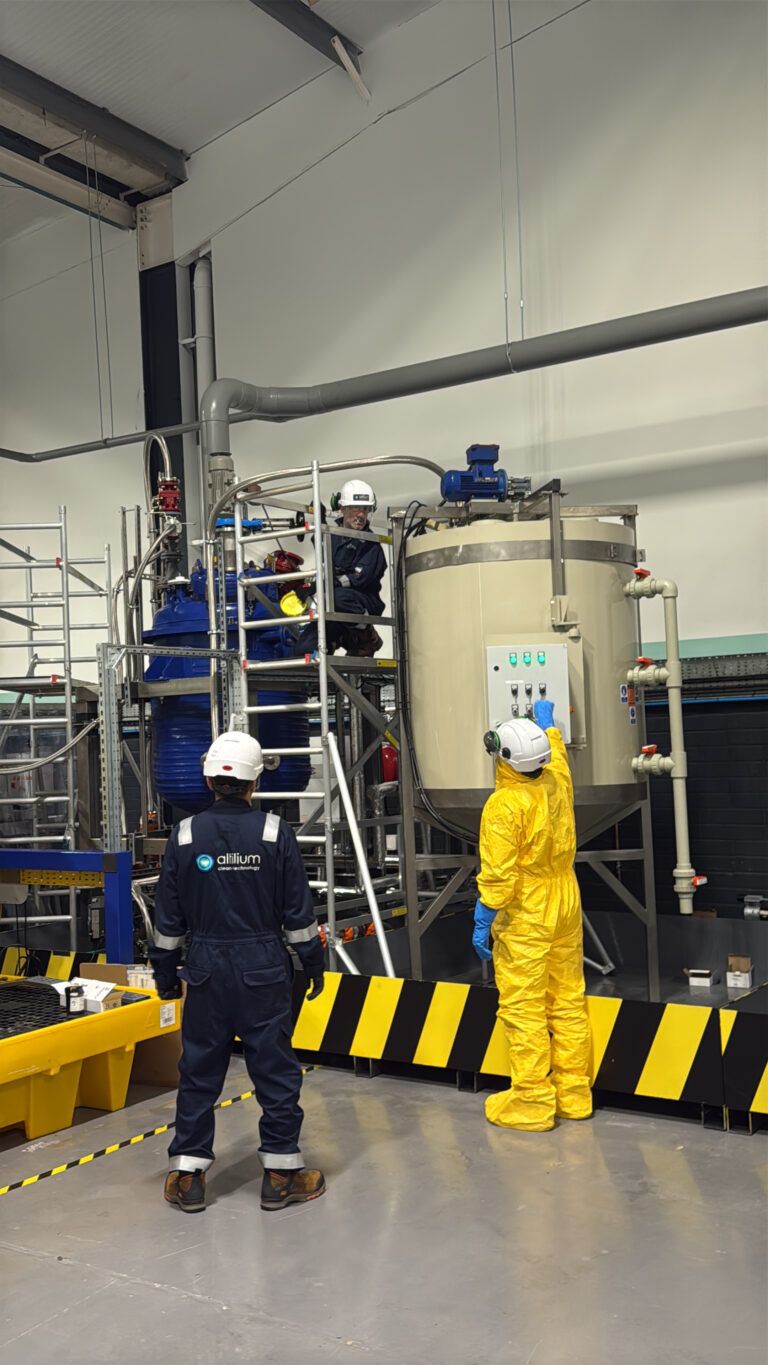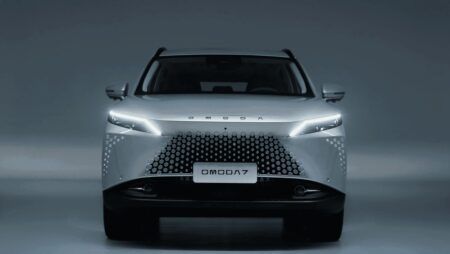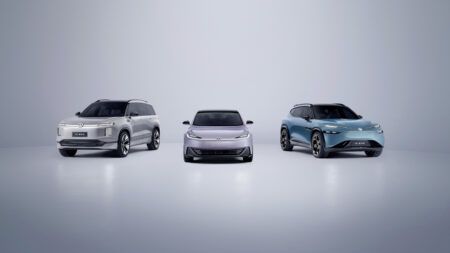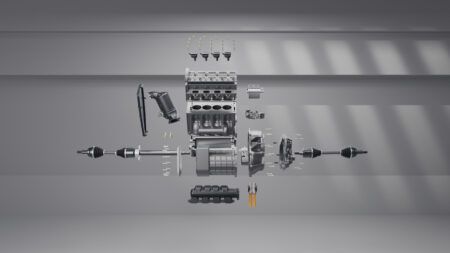Altilium has begun processing lithium-ion battery waste at its new ACT 2 facility in Plymouth, marking a significant development in the UK’s efforts to establish a domestic battery recycling industry. The 18,000-square-foot facility can process the equivalent of one EV battery per day, producing materials crucial for new battery manufacturing.
The Plymouth plant, which utilizes Altilium’s EcoCathode process, will focus on producing precursor cathode active materials (P-CAM) and cathode active materials (CAM) from recycled EV battery waste. The facility plans to produce high-nickel NMC811 CAM for cell production at the UK Battery Industrialisation Centre (UKBIC), where it will undergo validation with a major automotive manufacturer.
“This is a proud moment for Altilium and a major milestone for the UK’s circular economy,” said Dr Christian Marston, President and COO of Altilium. “ACT 2 is not only a demonstration of our technological leadership but also of our commitment to building a sustainable future.”
The facility’s opening follows successful trials at Altilium’s ACT 1 site in Tavistock, where the company demonstrated its ability to recover over 95% of cathode metals from waste EV batteries. Independent testing has shown that cells produced from Altilium’s recycled materials perform comparably to those made with commercial CAM used in current high-nickel NMC 811 batteries.
The process begins with black mass leaching, where shredded battery waste is dissolved in acid solutions to extract metals including lithium, nickel, cobalt, and manganese. These materials are then purified through solvent extraction before being converted into P-CAM and CAM.
The development comes at a crucial time for the UK’s automotive industry. The Advanced Propulsion Centre forecasts that by 2035, the UK will require over 150,000 tonnes of CAM annually to produce approximately 1.2 million EVs. Altilium’s planned larger facility in Teesside (ACT 4) aims to produce 30,000 tonnes of CAM yearly, potentially meeting 20% of this demand.
An independent lifecycle analysis suggests that cathode materials produced using Altilium’s recycled materials could reduce climate impact by up to 74% compared to using primary mined materials from Chinese supply chains. The technology could also help automotive manufacturers meet new EU regulations requiring specific percentages of recycled materials in new EV batteries by 2036, including 12% recycled lithium, 5% recycled nickel, and 26% recycled cobalt.





